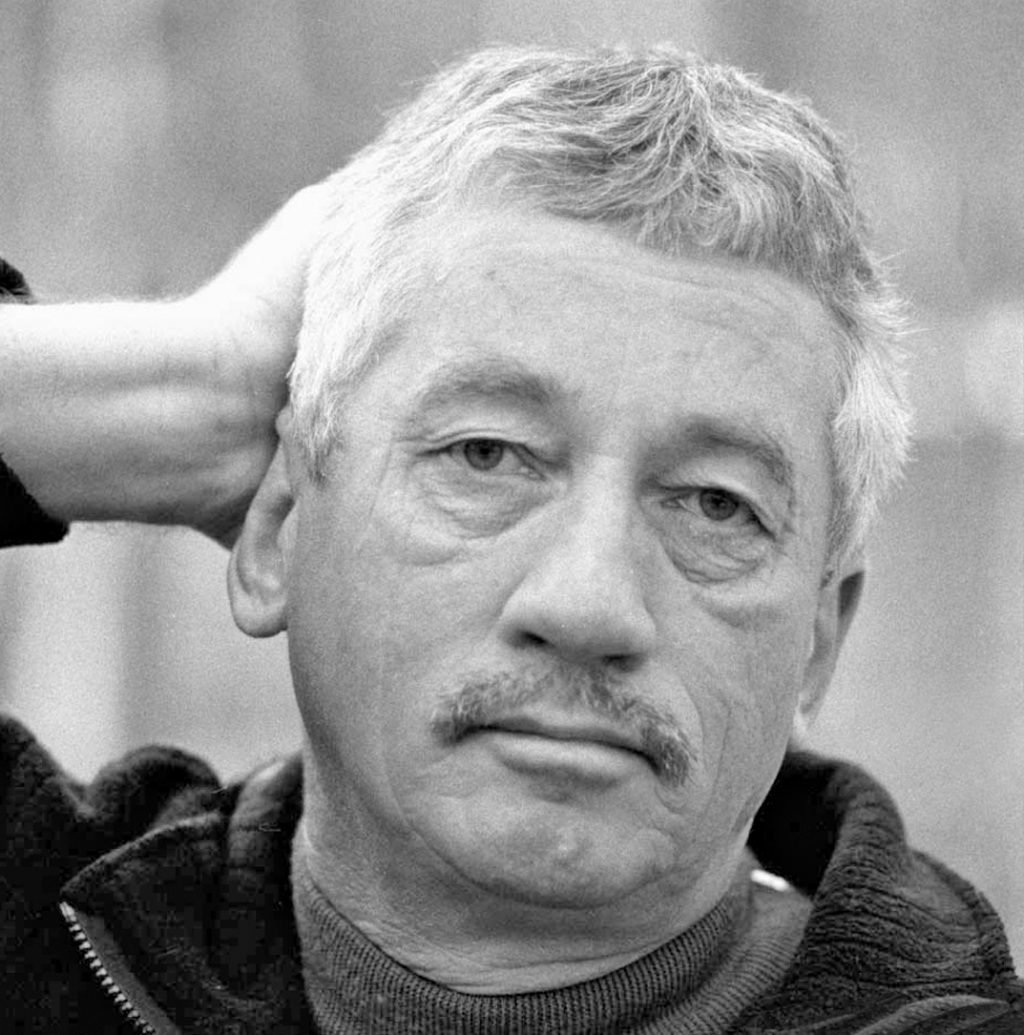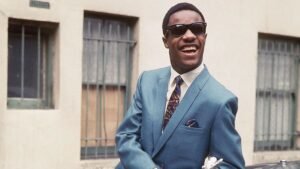Frans de Waal: deciphering intelligence and morality in the animal kingdom

Una carrera centrada en descubrir los misterios del comportamiento de los primates en su hábitat natural
In the intriguing world of primatology, one name stands out prominently: Frans de Waal. His approach to researching primate behavior has shaped the contemporary understanding of animal intelligence and the evolutionary connection between humans and their closest relatives.
Exploring the social world of primates
Frans de Waal’s career has focused on uncovering the mysteries of primate behavior in their natural habitat. From his early studies at the University of Nijmegen to his cutting-edge research, he has unraveled the intricate fabric of the social life of chimpanzees and bonobos. His observations have revealed complex hierarchies, group dynamics, and surprisingly sophisticated forms of communication.
Beyond cognitive boundaries
Animal intelligence has been one of the pillars of Frans de Waal’s work. His research has shown that the line between human and animal cognition is more blurred than previously believed. Clever experiments have demonstrated that chimpanzees are not only capable of solving complex problems, but can also plan, reason, and learn from experience—challenging traditional limits of animal cognition.
Empathy in the animal kingdom
A hot topic in De Waal’s research is empathy and morality in primates. His studies in chimpanzees and bonobos have shown that these animals exhibit empathetic behaviors, such as consolation after conflicts and offering help in times of need. These observations challenge the notion that empathy and morality are exclusive to humans.
Challenging paradigms and generating debate
It is no surprise that Frans de Waal’s work has sparked debate. Some critics have raised questions about the interpretation of his findings and whether they might be a form of anthropomorphism. However, De Waal has maintained a firm stance, arguing that highlighting similarities in animal behavior does not mean ignoring fundamental differences.
Recognitions for a dedicated career
Frans de Waal has received several honors throughout his distinguished career in primatology and ethology. These awards highlight his significant contributions to the understanding of animal intelligence, social behavior, and empathy in primates. Below are some of his most notable recognitions:
- Kistler Prize (2007): This prestigious award is given annually to a scientist who has made exceptional contributions in their field. Frans de Waal received this honor for his groundbreaking research in primatology and his ability to effectively communicate his findings to the public.
- Bonobo Hope Award (2013): Presented by the Bonobo Hope organization, this award honors individuals who have made significant efforts in the conservation and understanding of bonobos. De Waal’s dedication to bonobo research and scientific outreach earned him this distinction.
- Aldo Leopold Award (2019): Granted by the Society for Conservation Biology (SCB), this award recognizes individuals whose work has influenced the relationship between nature and culture. Frans de Waal received it in acknowledgment of his contributions to animal ethics and understanding the social life of animals.
A legacy in constant evolution
De Waal’s legacy in primatology continues to evolve. His ideas inspire scientists and thinkers to explore the complexities of animal intelligence and morality. His multidisciplinary approach has influenced fields ranging from animal ethics to cognitive neuroscience.
Future perspectives and continued inspiration
As we move forward into the 21st century, Frans de Waal’s research remains a source of inspiration. His concepts have paved the way for future explorations at the intersection of animal and human minds. The questions his work raises continue to stimulate innovative thinking and scientific curiosity.
The lasting impact of Frans de Waal
Frans de Waal has transformed our understanding of primates and, by extension, ourselves. His focus on animal intelligence, empathy, and morality has redefined the boundaries of what we consider exclusively human. His legacy will endure as we continue exploring the depths of the animal mind and its connection to our own.






